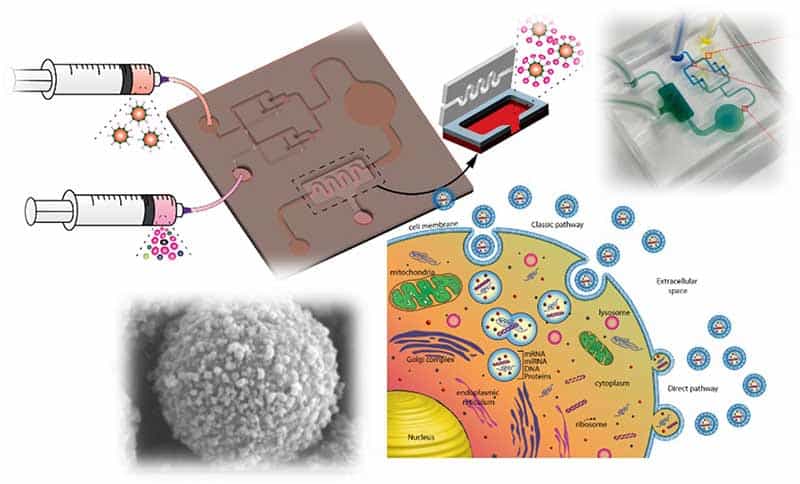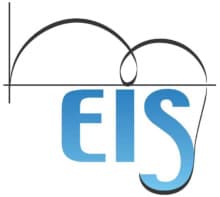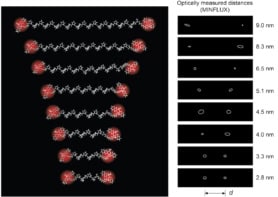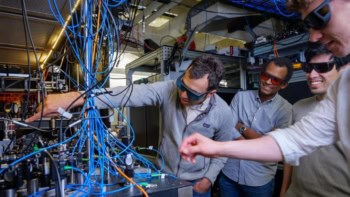Available to watch now, The Electrochemical Society in partnership with BioLogic explores exosomes and the development of different sensing platforms for detection using nanoparticle integrated plasmonic platforms
Want to learn more on this subject?

Exosomes are a class of extracellular vesicles (EVs) that are unique nano-sized cargo-bearing biological vesicles, secreted by almost all normal and cancer cells into the extracellular space. These are the smallest of extracellular vesicles (in the range of 30–150 nm) present in all body fluids, making them suitable for liquid biopsy.
This webinar covers an introduction to exosomes and the development of different sensing platforms for detection using nanoparticle integrated plasmonic platforms. Platforms include nanometal-polymer composite films integrated with inorganic nanoparticles dispersed into a polymer matrix. Nanoparticles such as gold and silver are used for their strong localized surface plasmon resonance in visible spectrum, which originates from the excitation of plasmons by incident light. This property makes noble metal-polymer nanocomposites particularly adequate for sensing and biosensing applications. Furthermore, association of Au and Ag nanoparticles of various shapes with poly(dimethyl siloxane) (PDMS), allows the use of nanocomposite materials for microfluidic-based biosensing as well.
Also included is a discussion of the in situ synthesis of nano-PDMS nanocomposites both at the macroscale and inside the channel of a microfluidic chip. The nanocomposite has been used successfully for sensing different biological entities including exosomes. Breast-cancer detection using exosomes in lab-on-chips is demonstrated.
An interactive Q&A session follows the presentation.
Want to learn more on this subject?

Muthukumaran Packirisamy, PhD, PEng, is a strong promoter of innovation in Canada in bio microsystems. He is professor and research chair on optical-bio microsystems at Concordia University. As director of Concordia’s Micro Nano Bio Integration Center and Optical Bio Microsystems Laboratory, he studies nano integrated microsystems for cancer diagnosis, green-energy harvesting, lab-on-chip, bio microsystems, and micro-nano integration.
Muthukumaran received his BS from the University of Madras, MS from the Indian Institute of Technology Madras, and PhD from Concordia University. He is a member, Royal Society of Canada College (MRSC)I; and fellow of the U.S. National Academy of Inventors (FNAI), Indian National Academy of Engineering (FINAE), Engineering Institute of Canada (FEIC), Canadian Academy of Engineering (FCAE), American Society of Mechanical Engineers (FASME), Institution of Engineers India (FIEI), and Canadian Society for Mechanical Engineering (FCSME). He received the CSME I. W. Smith Award; Concordia University Research Fellowship, Distinguished University Researcher, and Gina Cody Research and Innovation Fellowship; Petro-Canada Young Innovator Award, and ENCS Young Research Achievement Award. Author of the textbook, BioMEMS: Engineering and Science Perspectives, and six book chapters, Muthukumaran has also produced some 450 articles published in journals and conference proceedings. He has delivered 49 invited talks, obtained around $16 million in grants, and supervised around 180 HQP. Among his 30 inventions, his recent inventions on energy harvesting from the photosynthesis of blue green algae and direct sound printing received more than 400 citations and were covered in media and countries around the world.





